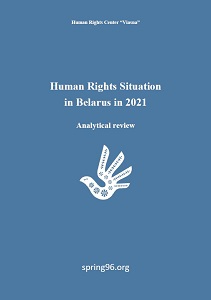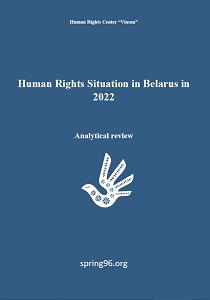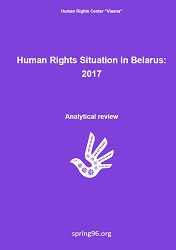
We kindly inform you that, as long as the subject affiliation of our 300.000+ articles is in progress, you might get unsufficient or no results on your third level or second level search. In this case, please broaden your search criteria.

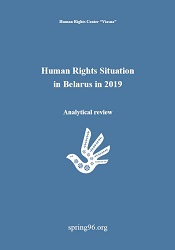
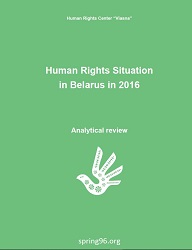
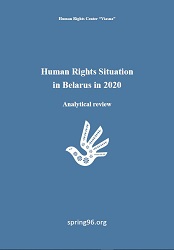

The future of the European Union and its enlargement remains a topic of hot debate among all candidate countries and those who aspire to become one. Thus far, seven enlargement rounds have taken place, and now, ten years after the most recent enlargement in 2013 (when Croatia joined), the question being asked is whether it is time for the eighth enlargement. This is the question that has been the subject of fierce debate for decades, especially among the countries of the Western Balkans, but also Eastern Partnership countries, especially after the beginning of the war in Ukraine. A year and a half later, the war in Ukraine has left its mark on the history of the EU and the world. It has a ected Western Balkan countries both directly and indirectly by shaking the already fragile pillars of democracy and stability in this region. Even while being constantly reminded of the importance of maintaining peace and stability, and nurturing the beauty of a multicultural and multiethnic society, countries in the Western Balkans are always wary of the possibility of new conflicts.
More...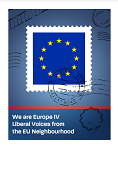
In the past, it would have been impossible to discuss enlargement of the European Union to the East and Western Balkans without determining whether accession to the EU was still an option. The issue has been discussed in the aforementioned regions and within the EU. While some were arguing that ever-expanding EU is extremely challenging, others found it to be rather fortunate and essential for strengthening the EU's geopolitical position. However, most people believe that the process was, at most, comatose. The Russian invasion of Ukraine has a wide-ranging impact on the entire world, and it has resuscitated discussions about potential EU enlargement. The expert analyses are mainly focused on who or what has caused the shift in EU processes after a decade of stagnation. If the EU enlargement is not an option for EU's neighbouring countries, then these regions will become of strategic importance for other geopolitical interests, particularly those of Russia and China.
More...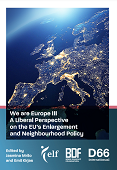
When European Parliament voted in favour of the von der Leyen Commission two years ago, European Commission (EC) had an aspiring role on international stage and promised to become a “Geopolitical Commission”. Enthusiastic upon her election, Ursula von der Leyen, the new President of the European Commission, explained that the College of Commissioners will now report on “external action” during their weekly meetings and that all commissioner cabinets plan to form a new “External Coordination” body which will bridge their external and internal policy work. They have inherited from the previous composition of the Commission the EU Enlargement Policy. In EC communication from May 20192 , this ambitious goal was elaborated stating that the “frontrunners in the accession negotiations could potentially be ready for membership in a 2025 perspective”.
More...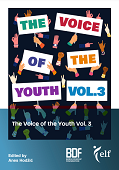
The recent global events have had significant impacts on democracy and liberty worldwide, and the ideals of such political concepts are now most affected since the end of the Cold war. According to the current data of Freedom House Index, it has been estimated that eight out of ten people live in countries that either have “partly” or “not free” status. In many countries, radical ideas are gaining popularity and citizens vote for the parties that promote far-right or far-left politics in search of a quick solution for their problems. In this context, fighting for ideas of liberty, equality and democracy can be considered revolutionary, and that is the essence of what CPLA participants have discussed this year.
More...
This paper analyses the political representation of youth in the Western Balkans and their participation in political parties, elections, intra-party quota systems, and whether the political parties find quotas as a best solution for increasing political participation of youth and their political credibility. The literature review of other countries that use youth quotas as inclusion-instruments to ensure a wider perspective on how youth political representation should look and where should it derive from is also presented Balkan countries did not institutionalize quota systems in their public institutions or introduced it as a criterion for the creation of election lists. However, most parties voluntarily include representatives of their youth wing organizations in their election lists. Nevertheless, there are very few successful outcomes of such practice where young candidates got elected and represented youth interests in high level institutions such as the Parliament. This comparative report shows that countries that used youth quotas faced similar problems, as the young candidates who got elected as the result of the implemented quota system often did not have proper political influence and they were influenced by their more experienced fellow party members. Aside from quotas, one of the final recommendations of this research is that political parties should introduce mechanisms of informal education that will provide knowledge and experience to young candidates so that they can handle better the situations that are likely to occur within the party and during election campaigns.
More...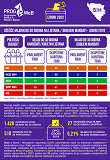
Pozicija mladih, kako u statutima političkih subjekata tako i na izbornim listama i učešću u izbornom procesu, determinirana je odlukama viših stranačkih tijela, najčešće predsjedništva ili određenih odbora koji mlade zbog određenih pravila i normiranosti izbornog sistema moraju kandidirati na izborne liste. Ipak, najčešće mladi u gotovo 95% slučajeva budu isključivo kandidatikinje, a iznimno rijetko i donosiociteljice odluka na političkom nebu Bosne i Hercegovine
More...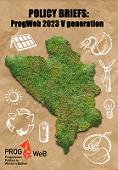
ProgWeB (Progressive Politics in Western Balkan) is a year-long educational initiative designed for aspiring young liberals and social democrats coming from the Western Balkans region. The primary objective of the Academy is to educate and empower politically active young individuals by equipping them with knowledge and skills needed for their future political involvement within their respective political parties and in the broader political landscape in their countries. This project is structured into three modules, covering practical and theoretical lectures, interactive discussions, workshops, and collaborative group assignments conducted between these modules. In 2023, ProgWeb celebrated its fifth generation, bringing together young activists from Albania, Bosnia and Herzegovina, Kosovo, North Macedonia, and Serbia. The programme hosted meetings in Montenegro (June), Serbia (July), and a concluding event in Bosnia and Herzegovina (October). The common focus for all participants this year was centered around green policies and a green agenda. This emphasis allowed participants to develop their own national projects addressing these topics and to create policy briefs that are included in this publication. With the guidance and mentorship of their supervisors, our young participants formulated ideas and policies aimed at fostering a more progressive and prosperous Western Balkans region.
More...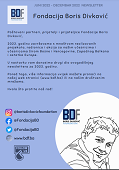
Poštovani partneri, prijatelji i prijateljice Fondacije Boris Divković, 2022. godinu završavamo s mnoštvom realizovanih projekata, radionica i akcija s našim učesnicima i učesnicama širom Bosne i Hercegovine, Zapadnog Balkana i ostatka Europe. U nastavku vam donosimo drugi dio ovogodišnjeg newslettera za 2022. godinu. Pored toga, više informacija uvijek možete pronaći na našoj web stranici (www.bdf.ba) ili na našim društvenim mrežama. Hvala što pratite naš rad!
More...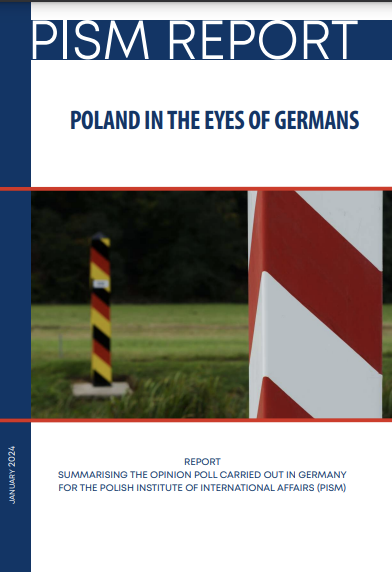
The overall goal of this project, the results of which are presented in this report, was to obtain an up-to-date picture of public attitudes and sentiments toward Poland and its people, as well as the level of familiarity with Polish history and the present state of affairs. At the same time, the research attempted to assess German public perceptions on the scale of convergence concerning Polish and German interests in the political, security and economic spheres.
More...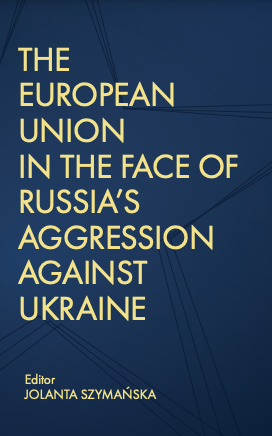
“There is abundant literature in the field of European studies on how the European Union shapes its external environment. But there is also greater need for an in-depth reflection on how the European Union’s environment shapes its functioning, activities and effectiveness in the international area. Any attempt to grasp multidimensional and long-term consequences of Russian aggression toward the evolution of the European integration process, especially in the context of the ongoing debate on reforms and the future of the European Union, certainly deserves recognition.”
More...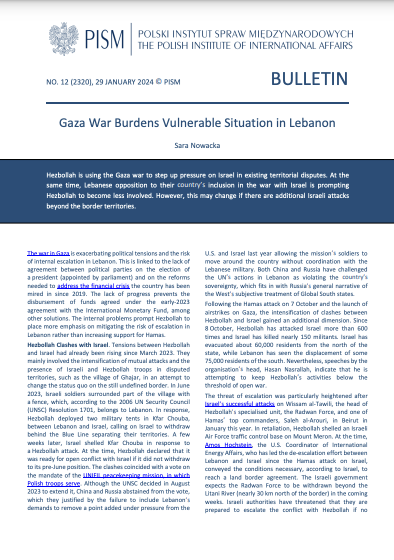
Hezbollah is using the Gaza war to step up pressure on Israel in existing territorial disputes. At the same time, Lebanese opposition to their country’s inclusion in the war with Israel is prompting Hezbollah to become less involved. However, this may change if there are additional Israeli attacks beyond the border territories.
More...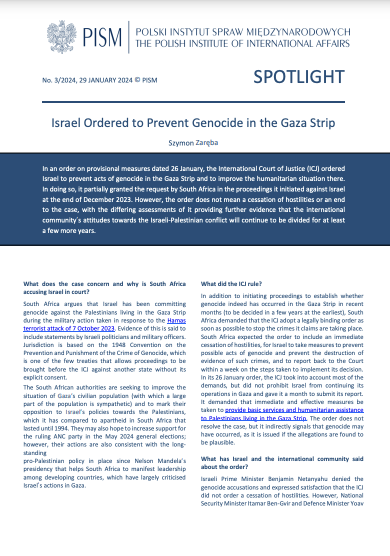
In an order on provisional measures dated 26 January, the International Court of Justice (ICJ) ordered Israel to prevent acts of genocide in the Gaza Strip and to improve the humanitarian situation there. In doing so, it partially granted the request by South Africa in the proceedings it initiated against Israel at the end of December 2023. However, the order does not mean a cessation of hostilities or an end to the case, with the differing assessments of it providing further evidence that the international community’s attitudes towards the Israeli-Palestinian conflict will continue to be divided for at least a few more years.
More...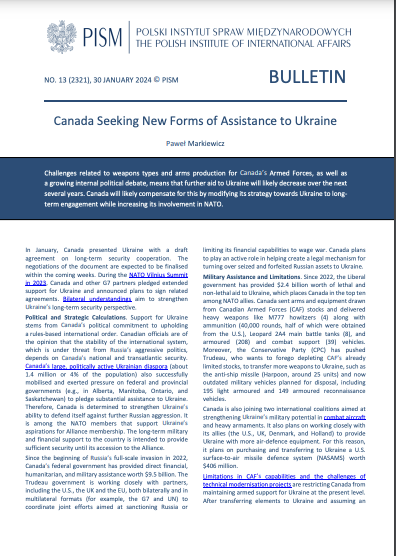
Challenges related to weapons types and arms production for Canada’s Armed Forces, as well as a growing internal political debate, means that further aid to Ukraine will likely decrease over the next several years. Canada will likely compensate for this by modifying its strategy towards Ukraine to long-term engagement while increasing its involvement in NATO.
More...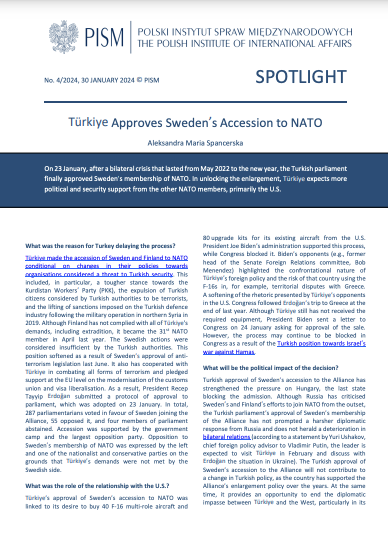
On 23 January, after a bilateral crisis that lasted from May 2022 to the new year, the Turkish parliament finally approved Sweden’s membership of NATO. In unlocking the enlargement, Türkiye expects more political and security support from the other NATO members, primarily the U.S.
More...